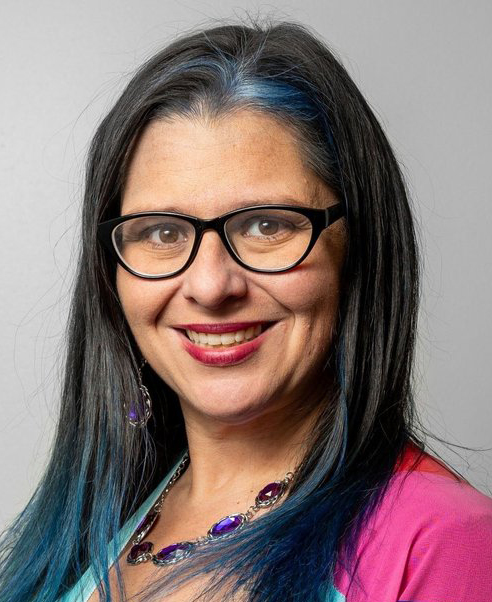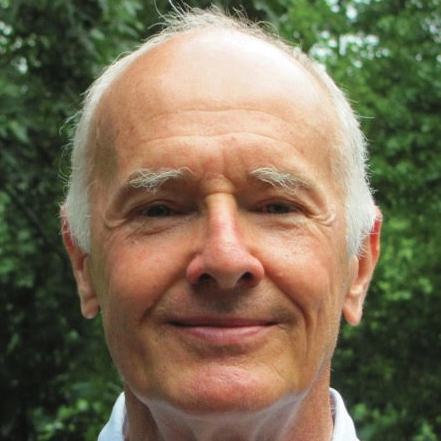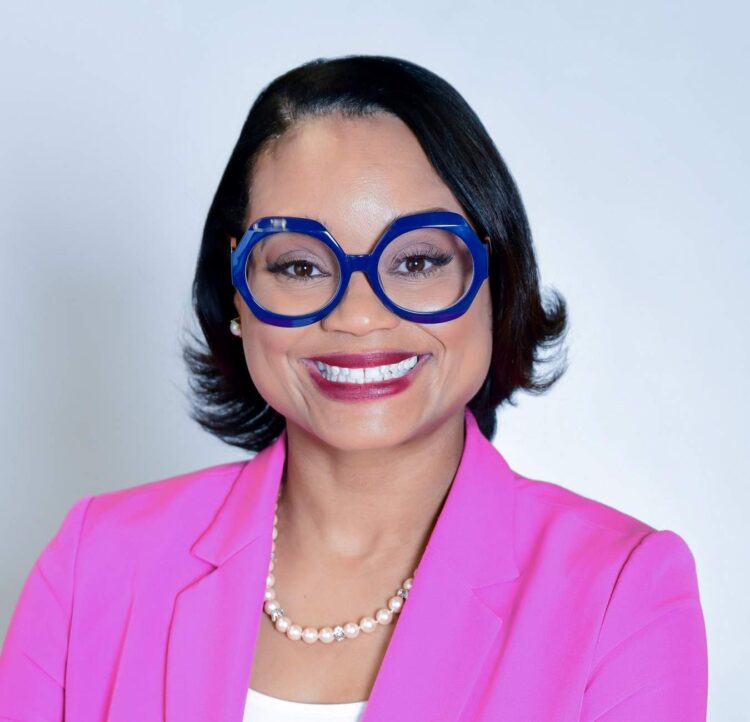Election 2025: School board candidate priorities
Oct. 21. We reached out to the candidates for the Charlotte Mecklenburg Schools District 1, which represents residents of Cornelius, Davidson, Huntersville and north Charlotte, and asked: If elected, what are your three main priorities?
Melissa Easley (incumbent)

Easley
Teacher recruitment, retention and respect. Every child deserves a great teacher, and we can’t have strong schools without supporting those who make learning possible. I helped lead the board’s first compensation study in nearly two decades, raising CMS’s minimum wage to $20/hour for classified staff. I also pushed for higher teacher supplements because our educators deserve more. Moving forward, I’ll continue to advocate for competitive local pay, strengthen “grow-your-own” programs to diversify the workforce, and ensure all staff voices—from teachers to custodians—are heard and valued.
Student achievement, equity and safety. Academic excellence and equity go hand in hand. I supported CMS’s 2024–2029 Strategic Plan focused on literacy, math, and career readiness. I’ve also championed early childhood education as a District Goal because a strong start closes opportunity gaps. Equity also means safe schools—with more nurses, counselors, and mental health support. I’ll keep asking hard questions to ensure funding truly reaches the students and schools that need it most.
Transparency, communication and community voice. Public trust comes from transparency. I’ve worked to make board information accessible through my Chalk Talk newsletter and Minute with Melissa sessions. In my next term, I plan to expand this with quarterly teacher and student roundtables and topic-based community meetings. I’ll continue pushing for clearer budget communication and accountability in spending—because resources should go directly to classrooms and student learning.
Bill Fountain
Revise the Social Emotional Learning (SEL) framework so it centers on character and virtues—integrity, resilience, self-control, and kindness. Virtue-based SEL creates safer classrooms, supports teachers, and prepares students for life. The current emphasis on feelings and identity should be replaced with lessons that develop reasoning, responsibility, and respect for others. This prepares students to become self-sufficient, caring, and patriotic citizens,

Fountain
End social promotion and restore merit-based accountability. In 2024, about 2,100 of some 9,700 CMS graduates had a GPA below 2.0, leaving many unprepared for work, college, or service. True equity rewards effort and responsibility, not lowered standards. Meritocracy is vital in business, sports, the military, and education because it fosters excellence, trust, and fairness. Students thrive when rewarded for effort and achievement—regardless of race, gender, or background. Clear expectations and transparent grading build confidence among families, teachers, and students alike.
Support taxpayer-funded school choice while ensuring CMS competes by delivering the highest-quality education possible. Parents—especially working families—deserve the freedom to choose safe, high-quality schools that reflect their values. CMS must earn their trust by focusing on proven fundamentals: strong academics, disciplined classrooms, and character formation. When politics and distractions are removed, teachers can teach, and students can learn. Our goal should be simple but profound: build citizens ready to serve their families, communities, and nation with knowledge, virtue, and pride.
Charlitta Hatch
Elevate family engagement. Family engagement should not be treated as an initiative. It should be embedded as a core expectation in CMS policy. I will advocate for every school improvement plan, major contract, and district initiative to include measurable family engagement goals with progress reported publicly. When families are true partners, we see improved attendance, stronger academic outcomes, and fewer discipline disparities. Centering families strengthens accountability and ensures decisions reflect the lived realities of our students.

Hatch
Responsible AI and technology. As technology transforms education, CMS must lead responsibly. I will champion quarterly reviews of AI and digital equity policies that expand access to tools and resources, reduce administrative burdens for teachers and staff, and protect student privacy. Technology should enhance and not replace human connection. We must also prepare our students for the jobs of tomorrow by ensuring they are not just consumers of technology but creators and innovators.
Educator retention strategies. Every adult who supports our students deserves to feel valued and supported. I will advocate for policies that hold principals accountable for protecting teacher planning time, fostering equity, and prioritizing student growth. Retaining great educators requires more than recognition. It requires action. I will also ensure the district invests in and protects the essential staff who keep our schools safe, clean, and supportive every day. Together, these priorities build a district where families are partners, educators are empowered, and students are prepared to thrive.
3 Comments
Comments are closed.








CMS has 144,000 students. It is way, way, way too big to be managed effectively and responsive to local needs. Look at the best school districts in the country. CMS will never be a good school system unless and until it is broken up into smaller school districts. Creating a separate school district for each of the existing six county districts would be a good start. Unfortunatley, bureaucracies prefert to grow rather than shrink.
Well, if we aren’t breaking it up, we need a competent individual and it’s Charlitta.
Vote Charlitta! By far, the best candidate.